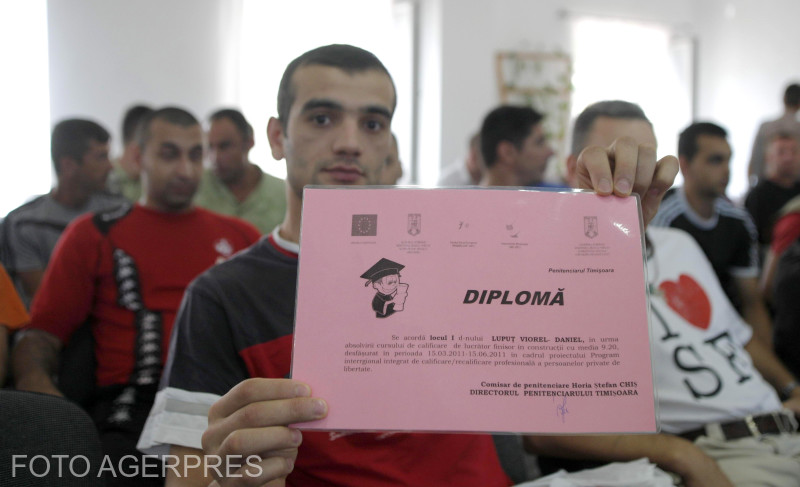Bucharest – In Romania, the adult participation rate in lifelong learning is 4.9%, half of the European average of 10.8%, according to the latest data released on Tuesday by the Patronal Confederation Concordia.
Romania has committed, through a new national strategy, to increase this rate from 4.9% to 12% by 2027. The goal set by the EU through the European Skills Agenda is for at least 60% of adults aged 25 to 64 to participate in training and education each year by 2030.
The reasons why adults have not participated in lifelong learning opportunities are as follows (in order of the proportions of respondents who indicated them): lack of time (62%), did not feel the need (39%), other reasons (34%), course costs (28%), poor course offerings (24%). More than half (56.7%) of respondents mentioned that the organizer of these courses is usually the employer.
People with a higher socio-economic status participate more in lifelong learning programs, regardless of their area of origin. People aged between 35 and 55 participate most often in such programs, whether they are organized during work hours or during free time, while young people are more often attracted to programs that take place in their free time. The perceived usefulness of participating in training programs focuses on three dimensions: personal development (75% of respondents), income increase (36%), and finding a job (26%), the research results show.
The reports are part of the AdultLearningROSK project, implemented in Romania by the Patronal Confederation Concordia, with the support of the European Union, and were conducted by the Center for the Study of Democracy.
“In Romania, lifelong learning remains rather a sophisticated and inaccessible concept for much of the population. We have comprehensive policy proposals and national strategies with low applicability. These aspects deeply and negatively impact our country’s economy, making us less competitive. To help employers, decision-makers, education providers, and society as a whole understand the dimensions and coordinates of this phenomenon in Romania, we have engaged in this research effort and also formulated specific recommendations for better adult participation in professional training programs,” said Radu Burnete, executive director of the Patronal Confederation Concordia. (18.06.2024)
 go to the original language article
go to the original language article
